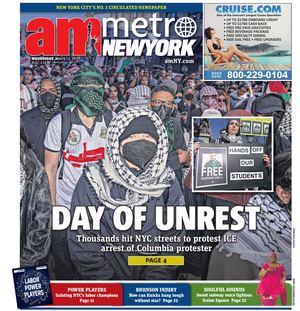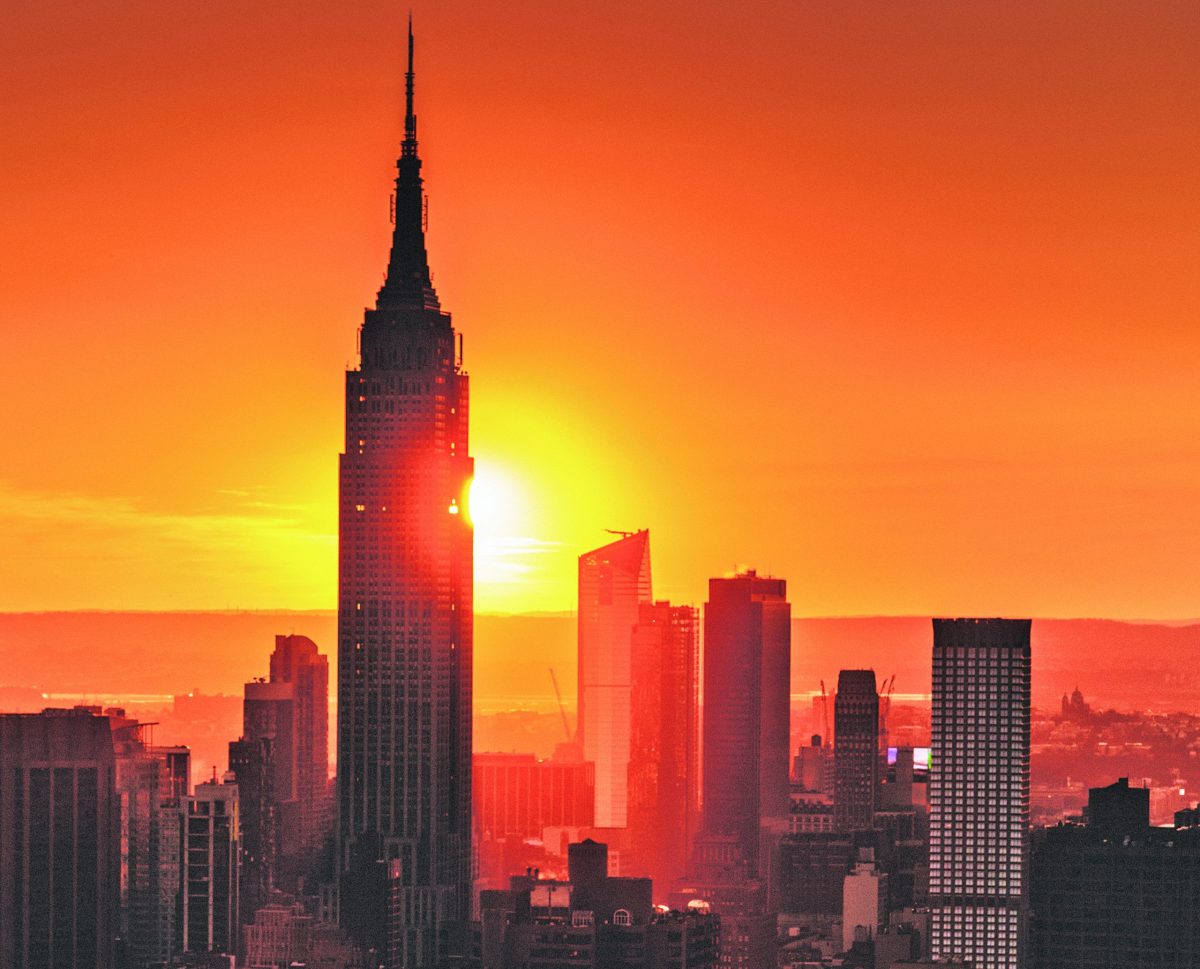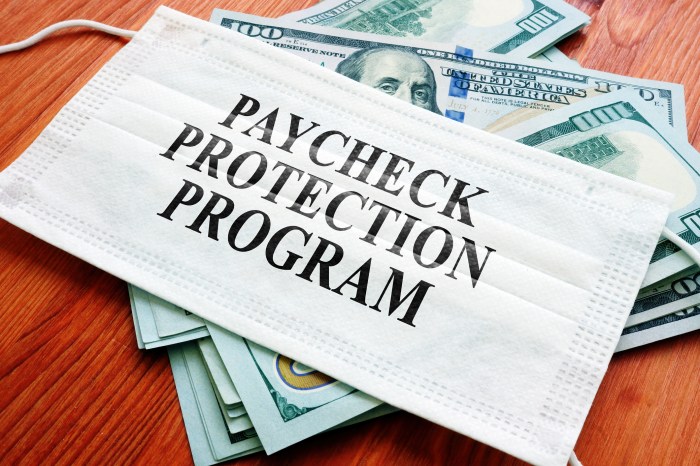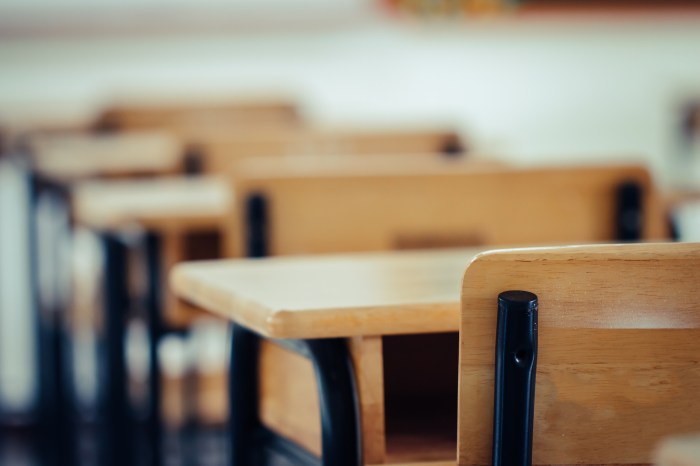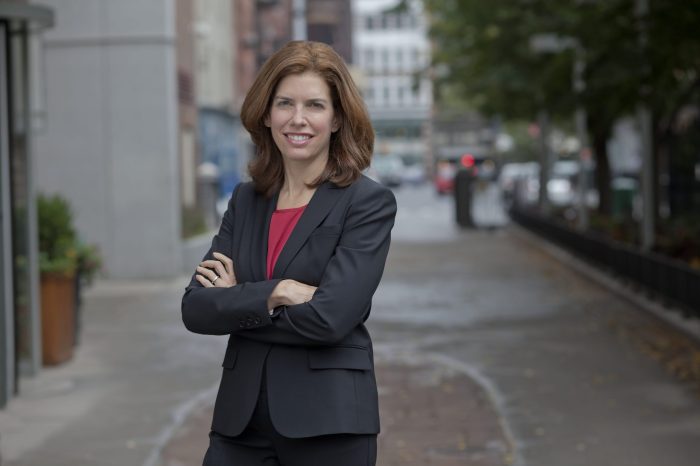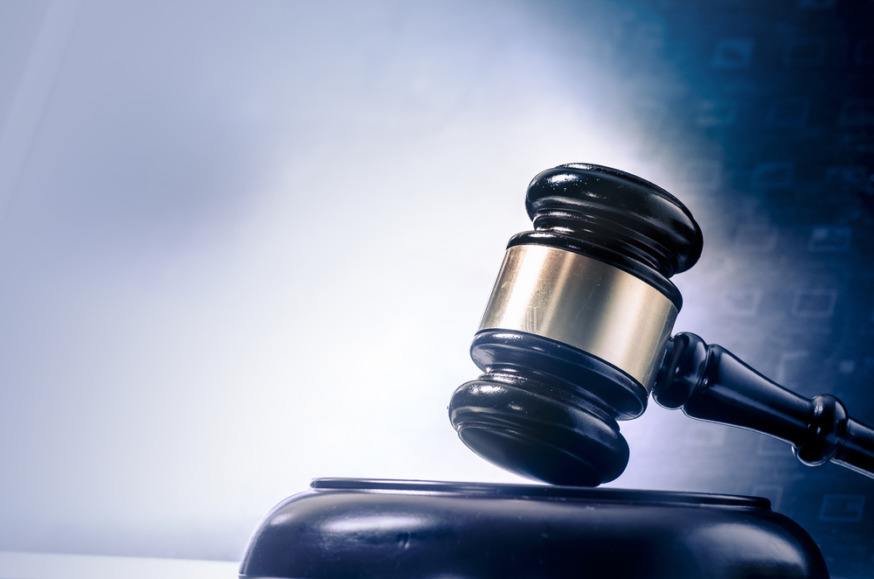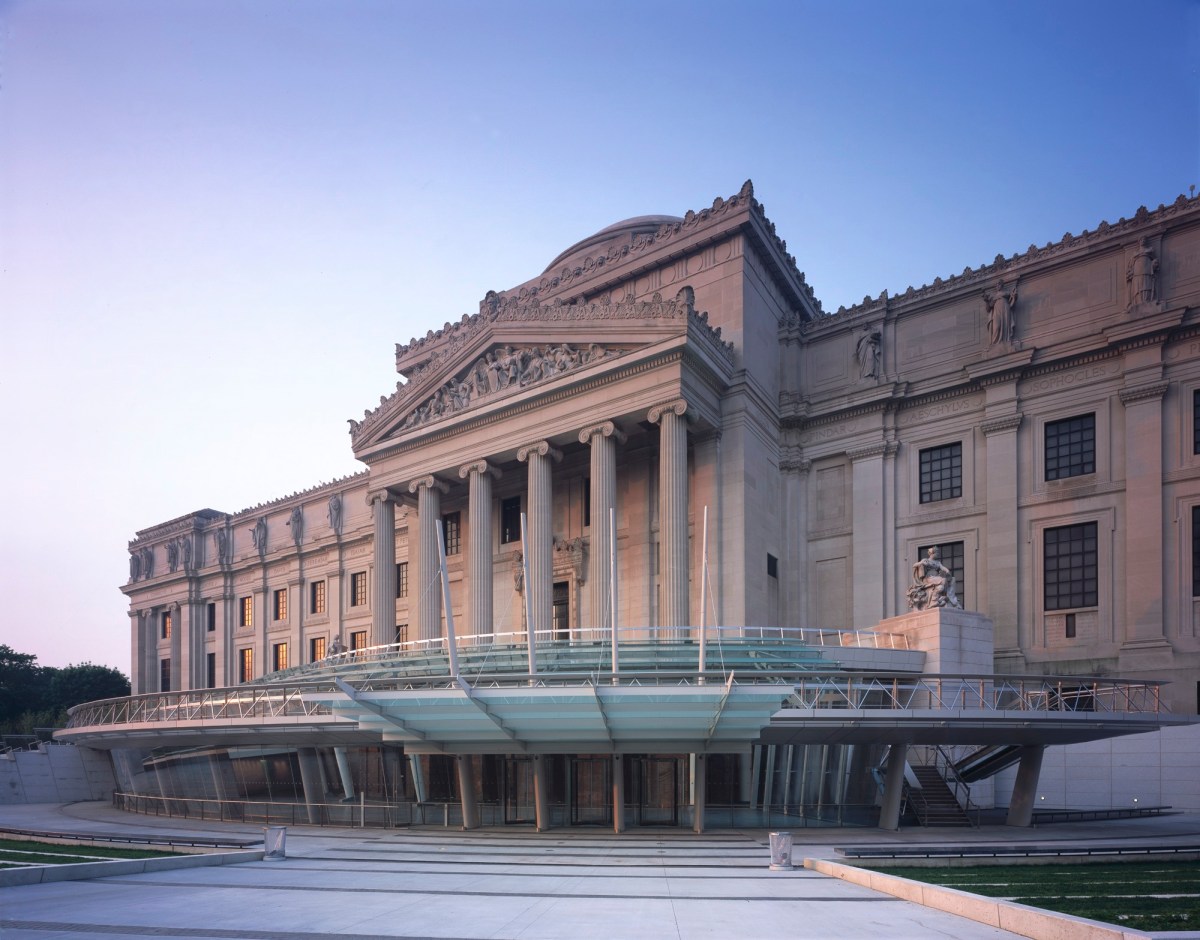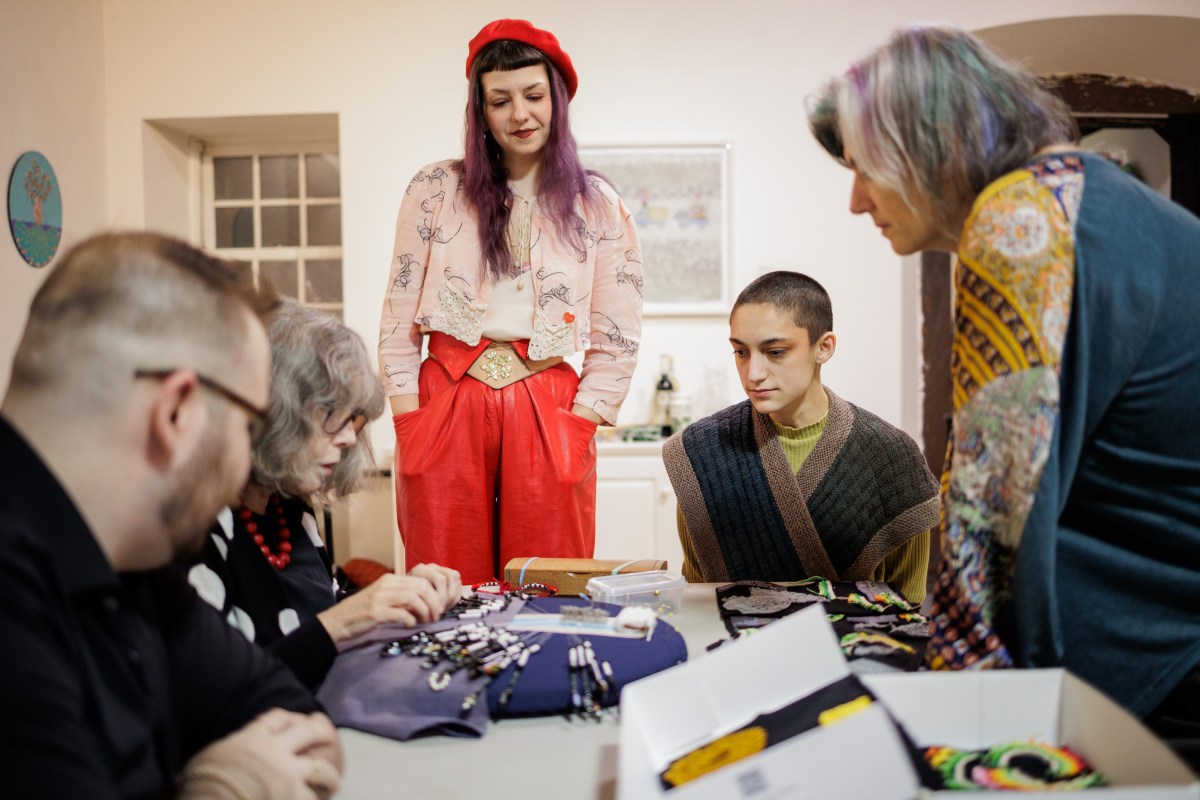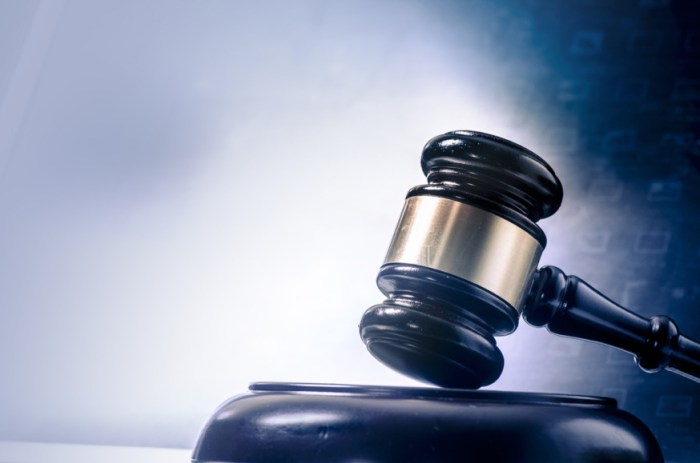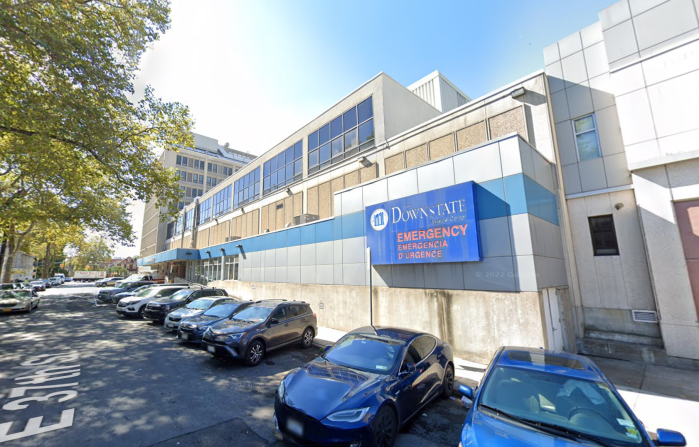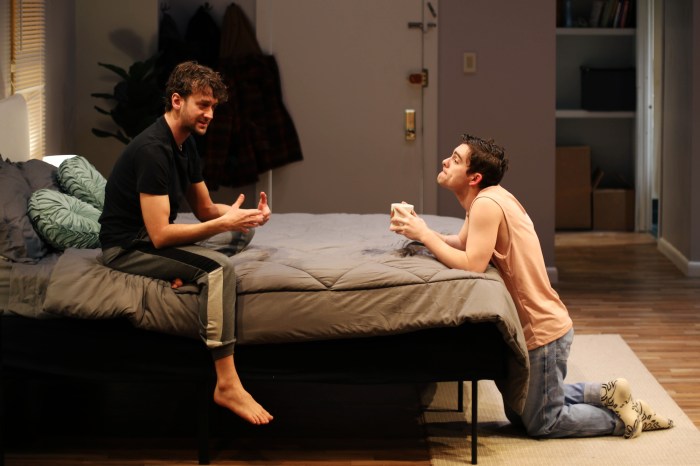We are living in a divided nation facing a deadly disease. Precious lives have been lost, and too many families are in despair. While 2020 has brought a widespread public health crisis to thousands of American homes, it has also renewed a sense of responsibility for one another, through taking small actions like staying apart and wearing a mask.
If we are to wrest any good from this terrible crisis, we pray that more Americans see the urgent need to be their brother’s keeper in their everyday lives, pandemic or not. Suffering has existed before COVID, and will continue to exist after COVID. And the other public health crises of our time have not subsided simply because a virus has been in the spotlight. Take traffic crashes, which have claimed 4 million lives over the last century in the United States, and caused an untold number of life-altering injuries.
This past weekend, together with the United Nations, the World Health Organization, and Families for Safe Streets, we commemorated World Day of Remembrance for Road Traffic Victims. We joined faith leaders around the world to mourn the devastation traffic crashes cause our families and communities, and we continue to pray that government leaders find the courage to address this devastation, to give us safe roads, and to end such horrific pain and suffering.
Everyone—people of all faiths, or no faith at all — has a right to move around safely. Children and teachers on their way to school. Grandparents out for a stroll. Delivery workers providing essential services. Doctors and nurses at the end of their shift. It is up to all of us to be part of the solution. Nobody is immune to the dangers of traffic, and as faith leaders, we believe a sense of unity, not unlike that which we have taken up to fight COVID, can go a long way toward combating the preventable public health crisis on our roads.
Through contact tracing and social distancing, our interconnectedness and responsibility to each other has become more clear than ever. Moving quickly through our hectic lives has become our norm however, and today’s vehicles make it too easy to drive fast even though we are taught that speeding is deadly. When we drive too fast, we’re not only increasing the risk of a crash, but we’re also increasing the likelihood that someone will be hurt or killed if there is a crash. And speeding is particularly dangerous when drivers are impaired or distracted, or when they’re driving a particularly large vehicle. A speeding Hummer is more deadly to those around us than a speeding Mini.
We’ve made our roads and vehicles safer over the years with the invention of things like seat belts and speed limits. But there is so much more that can be done. We just need the will to say that 100 people dying each day on our roads is unacceptable. We need the will to say that safety is more important than speed. We need the will to say that life is too precious to compromise.
Groups like Families for Safe Streets are boldly fighting the rising tide of traffic crashes, as they themselves have paid the ultimate price—from burying loved ones, to losing limbs, cognitive function and in many cases, their homes and financial means. And although they may never again feel safe on our roads, they have garnered the strength and vision to transform their pain and grief into action, fighting each day to prevent anyone else from experiencing similar devastation. They can’t — and shouldn’t have to — do it alone.
As leaders of faith, we not only honor the memory of those who’ve perished and offer healing to those who’ve been injured (and to the many caregivers too), but encourage our community members to do what we can as individuals each day to make our streets safe, and call on our city, state and federal elected officials to demonstrate bold leadership on this issue.
We once again offer our prayers, not just for those who suffer, but also for our political leaders to have the wisdom and courage to guide our country towards a vision of safety, to implement solutions that have worked elsewhere in the world, and to do all they can to make sure no one else is killed or injured in this senseless way.
Rabbi Joseph Potasnik is the Executive Vice President of New York Board of Rabbis; The Rev. Dr. Chloe Breyer is the Executive Director of Interfaith Center of New York; and Imam Abdul Azeez is the Imam at Al Masjidu Adam Community Life Center for Human Excellence.
